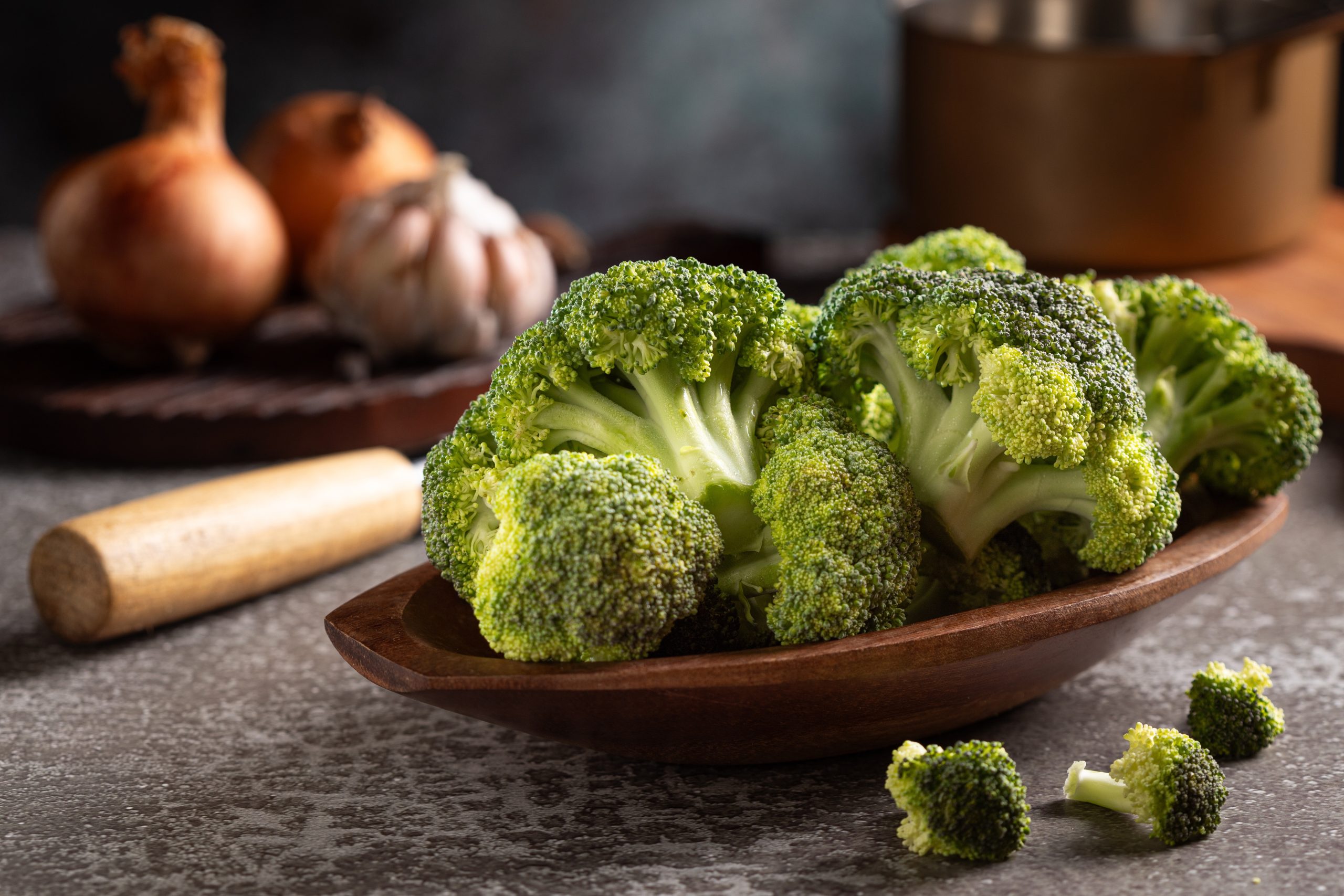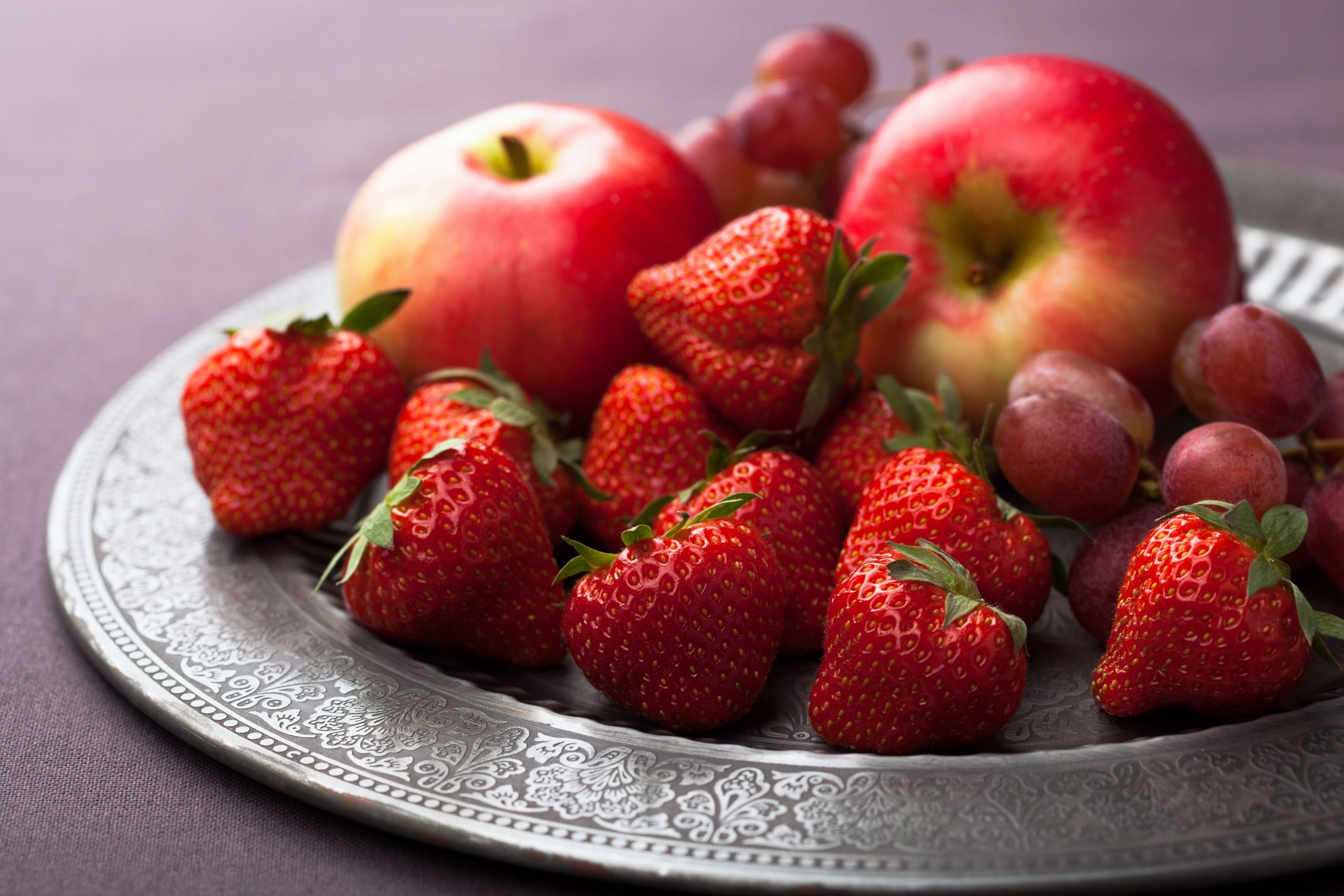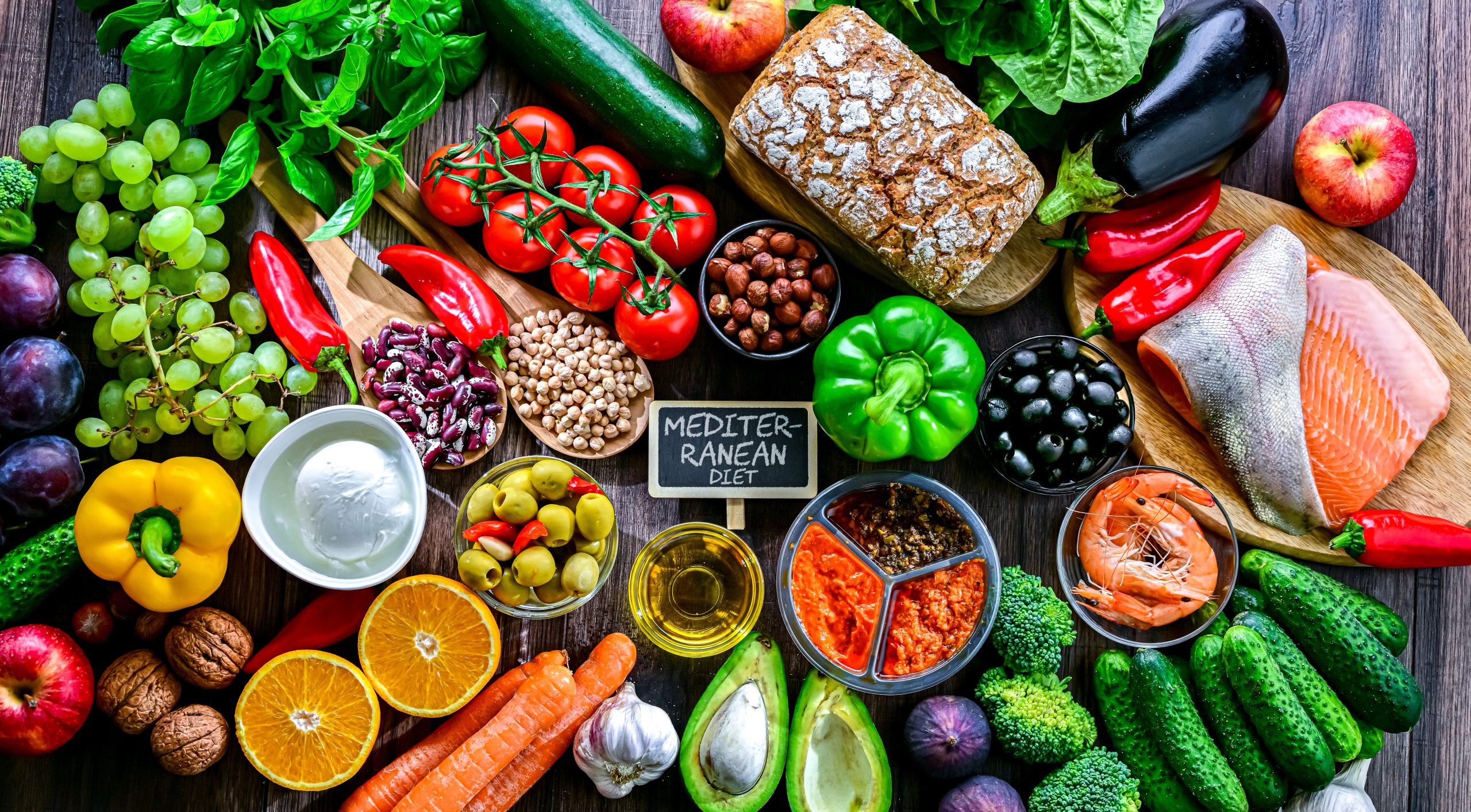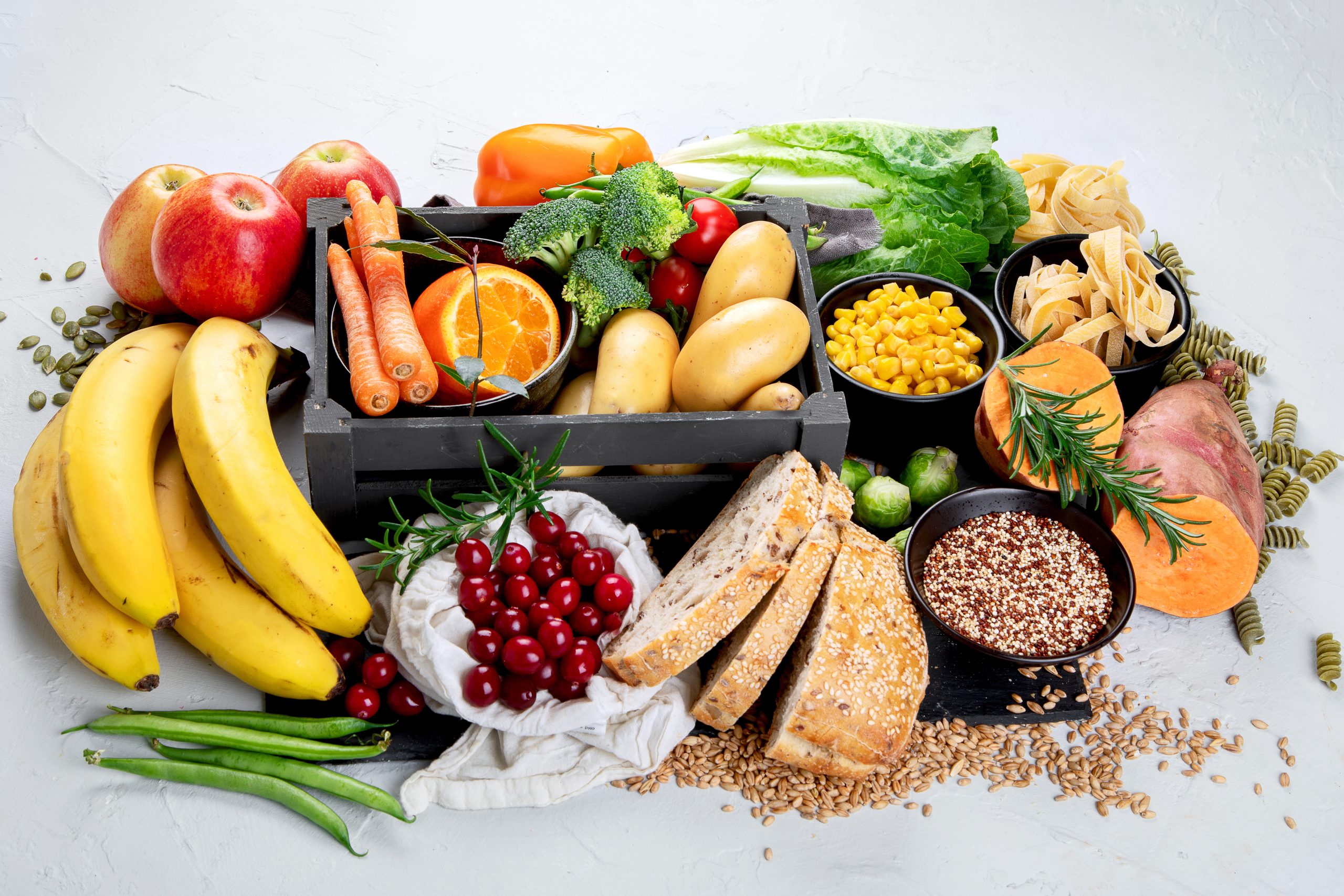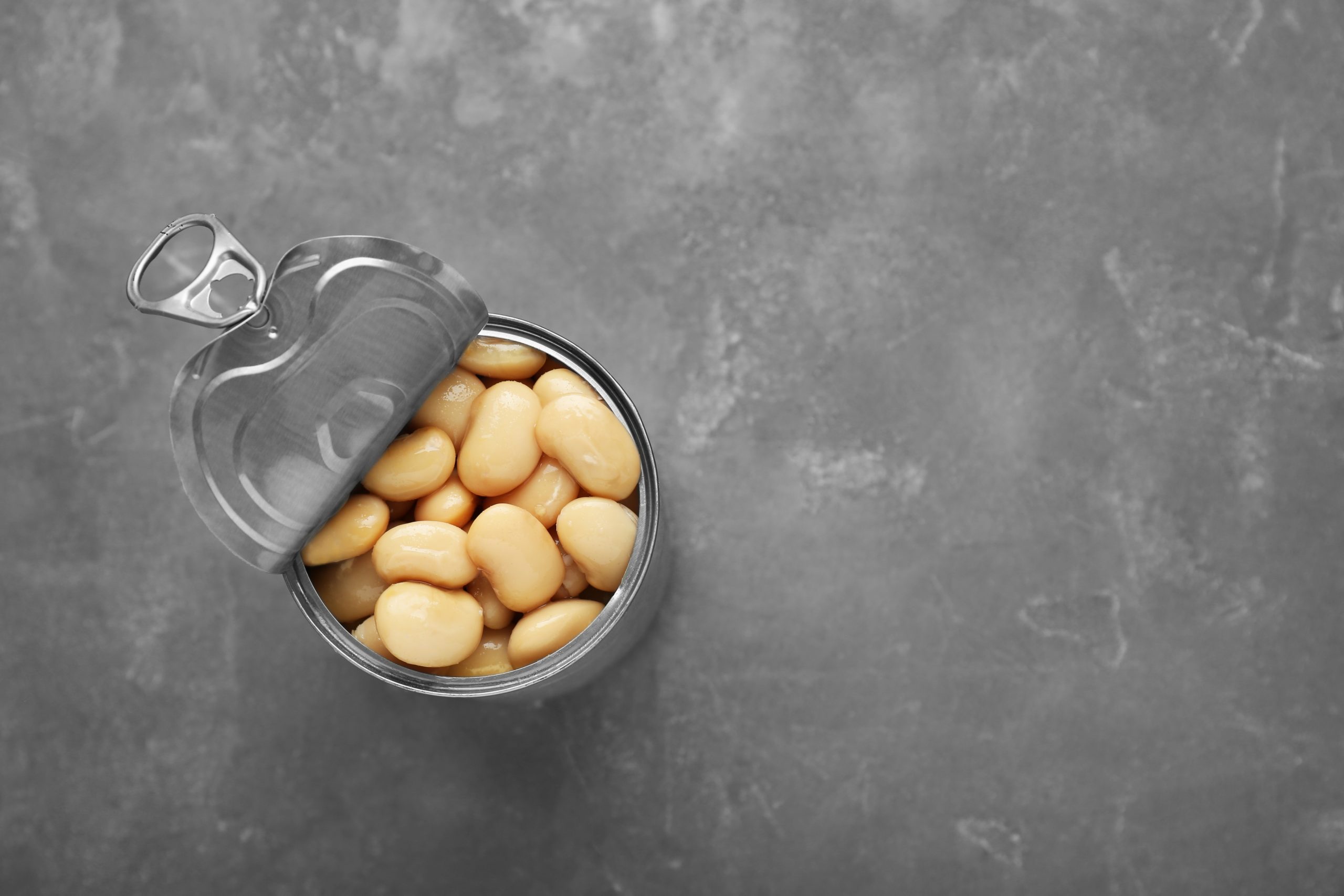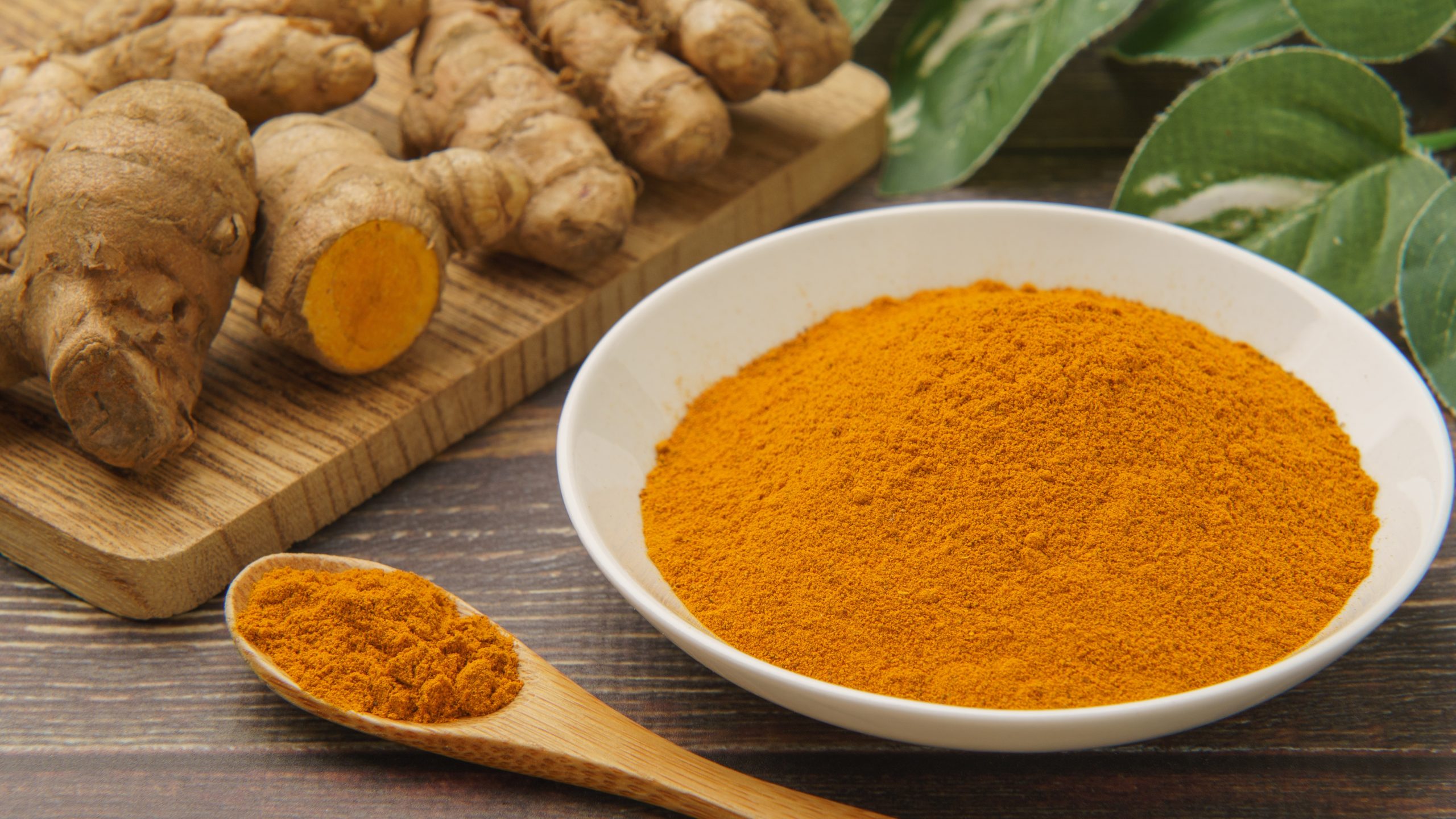Picture lowering your odds of colon cancer by a whopping 20%—simply by adding an extra helping of broccoli or cabbage to your plate.
Story Snapshot
- Eating 40–60 grams of cruciferous vegetables daily slashes colorectal cancer risk by up to 26%.
- Findings come from a 2025 meta-analysis covering 640,000 participants across 17 studies.
- Cruciferous vegetables’ unique phytochemicals are credited for this protection.
- Experts urge action, but caution that diet is just one piece of cancer prevention.
Decoding the Protective Power of Cruciferous Vegetables
Colorectal cancer remains a stubborn adversary, projected to claim 53,000 American lives in 2025. For decades, doctors and nutritionists have pointed at red meat, processed foods, and low-fiber diets as culprits. But the latest research flips the script: a meta-analysis published in BMC Gastroenterology (2025) reveals that a modest daily intake of cruciferous vegetables—think broccoli, cauliflower, cabbage—cuts your risk of this deadly disease by 20 to 26%. The evidence isn’t just substantial; it’s unprecedented in both scale and clarity, drawing on nearly 640,000 participants and 17 rigorous studies. This isn’t about chasing superfoods or miracle cures—this is about leveraging centuries-old vegetables for their modern, measurable impact on your health.
Cruciferous vegetables aren’t new to the nutrition spotlight. For years, researchers have quietly extolled their chemoprotective phytochemicals, like glucosinolates and flavonoids, which break down into compounds that actively fight cancer cells. Yet, until now, most studies were too small or too scattered to move the needle on public health policy. The recent meta-analysis changes that. It quantifies the benefit—a daily handful translates to a 20% drop in colorectal cancer risk. That’s not just a blip; it’s a shift with the potential to impact national health guidelines, food industry marketing, and even agricultural production. As Americans grapple with rising cancer rates among younger adults, this research puts a simple, actionable tool in everyone’s hands, regardless of age or background.
Why This Study Shifts the Conversation
What sets this research apart isn’t just its size. It’s the clarity of the connection between what you eat and your cancer risk. Previous studies hinted at a benefit, but this analysis, with its massive sample and meticulous controls, delivers a message that’s hard to ignore: what’s on your plate today can change your odds tomorrow. Experts from the American Cancer Society to leading oncologists now point to cruciferous vegetables as a cornerstone of cancer prevention, on par with quitting smoking or getting screened. The study’s authors put it bluntly: diet is one of the main environmental variables that contribute to colon cancer. Cruciferous vegetables, thanks to their unique phytochemicals, are now at the center of that strategy.
Some experts urge caution—noting that observational studies, no matter how large, can’t prove cause and effect. Self-reported dietary habits introduce bias, and it’s possible that people who eat more vegetables also make other healthy choices. Still, the consistency with international guidelines and previous research makes it hard to dismiss these findings. The risk reduction is real, the mechanism plausible, and the advice simple: eat more greens from the cabbage family. For anyone looking for a straightforward, evidence-backed way to tip the scales in their favor, the evidence has never been stronger.
What This Means for You, Your Doctor, and the Food Industry
The ripple effects of this research extend far beyond the produce aisle. For consumers, it’s a wake-up call—one that comes with a clear, attainable action step. For healthcare providers, it strengthens the case for dietary counseling alongside screening. For the food industry, it signals a likely surge in demand for cruciferous vegetables, from bagged salads to frozen stir-fry mixes. And for policy makers, it lays the groundwork for updates to national dietary guidelines, with cruciferous vegetables moving from a footnote to a headline in cancer prevention advice.
Don’t expect instant miracles, but do expect a gradual, measurable shift if enough people take this advice to heart. The potential for reduced cancer rates, healthcare savings, and improved quality of life is enormous. As always, experts caution against overreliance on a single food or nutrient—cancer prevention is multifactorial. Still, the message is clear: the next time you pass by the broccoli, cauliflower, or cabbage at the grocery store, remember you’re not just shopping for dinner. You’re investing in your odds of a longer, healthier life.
Sources:
American Cancer Society, 2025. “Key Statistics for Colorectal Cancer.”
Medscape, 2025. “Eating More Cruciferous Vegetables May Cut Colon Cancer Risk.”
NY Post, 2025. “5 Factors Raising Your Risk for Colorectal Cancer Revealed.”


